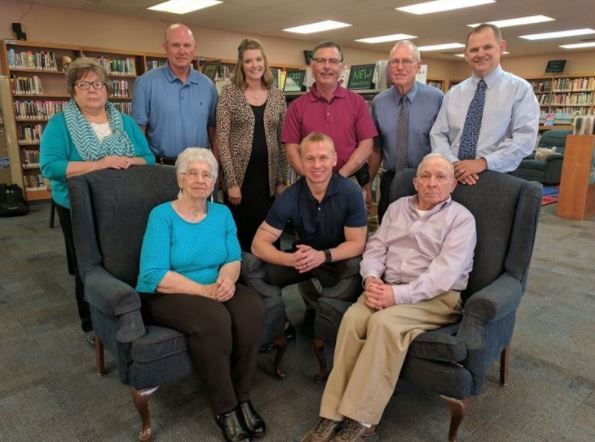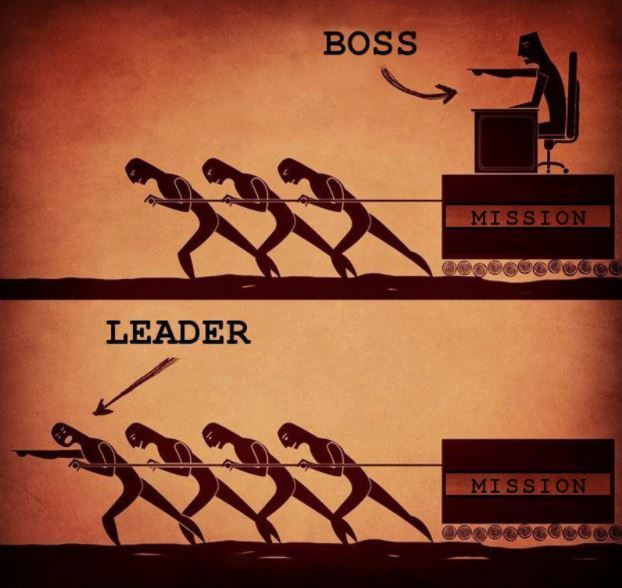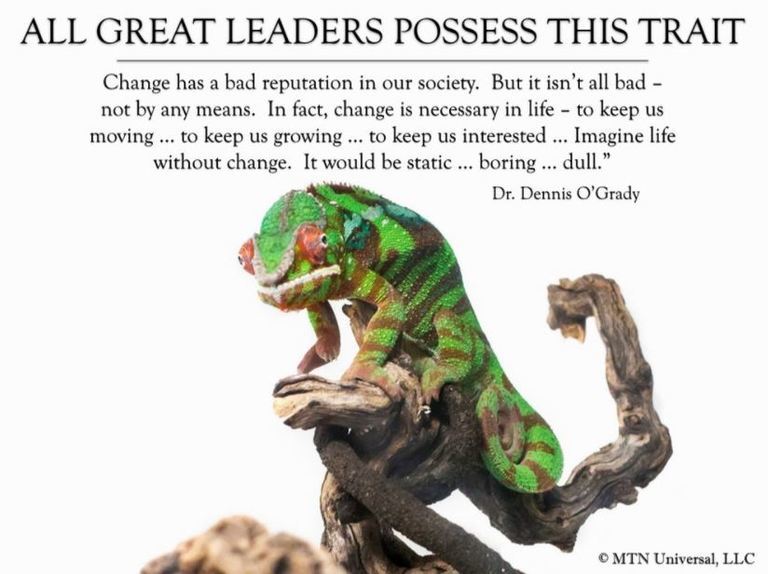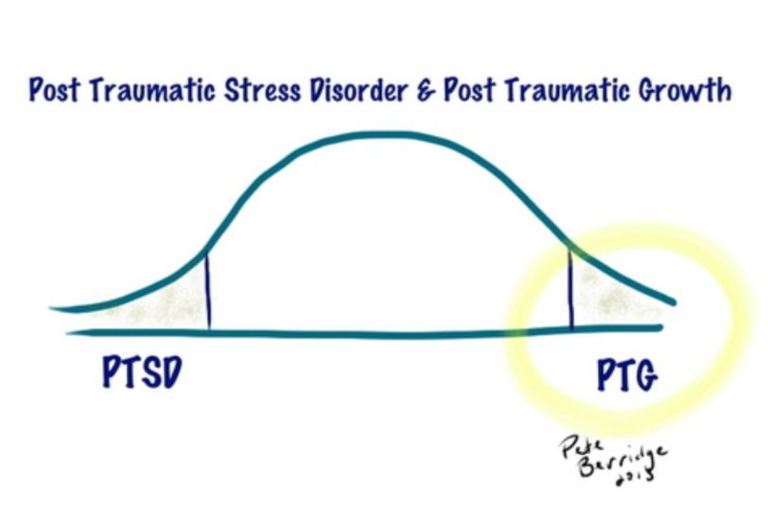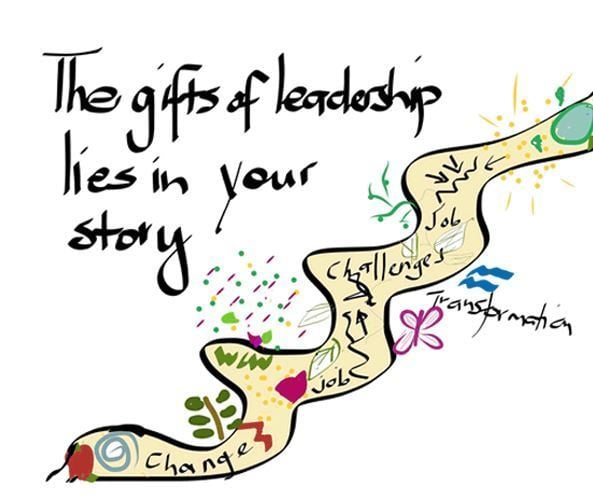Want to know the best way to get to success in life? You must be severely tested.
What if I were to tell you that the essential skills of successful leaders are the same as the skills that allow a person to find the meaning of an adverse experience? Would you believe me?
In Crucibles of Leadership, Warren Bennis and Robert Thomas argue that strong leaders are those who overcome adversity. In interviewing more than 40 top leaders in the world, they uncovered a surprising conclusion. They found that all of the leaders interviewed, both young and old, were able to point to intense, often traumatic, always unplanned experiences that had transformed them.
Bennis and Thomas call these experiences crucibles. So, what is a crucible?
What Is a Crucible?
A crucible is literally a container that can withstand extremely high temperatures. Think of a metal container in which metals are melted. This is the container you would use to fill a mold with liquid metal.
A crucible can also be that of a severe trial, in which different elements interact, leading to the creation of something new. A metaphor for this is – a relationship was forged in the “crucible” of war.
For our purposes here, a crucible is a transformative event involving a severe test or trial – where the crucibles are intense, often traumatic, and always unplanned.
Crucible Experience
For the leaders interviewed by Bennis and Thomas, the crucible experience was even more than a trial or test, it was a point of deep self-reflection that forced a leader to question who they were and what mattered to them.
They found leaders were transformed from the experience and came away with an altered sense of identity. These experiences required each leader to question their perceptions of reality. In turn, they emerged from their crucible experience stronger and with a sense of purpose. Bennis and Thomas concluded that they were all significantly changed in some fundamental way.
The crucible stories discussed were similar to my own. As a child growing up in a destructive life and in the foster care system, I immediately related to these stories. Some crucible experiences illuminate a hidden and suppressed area of the soul. I found that some of my own personal stories were hidden deep within my own soul.
I have previously discussed some of my experiences in my book Succeeding as a Foster Child, yet I have not previously thought of them as crucibles until now. My crucible experiences, at times, were among the harshest a person should experience. They took the form of roughly my entire early life as a child and into early adulthood. My parents brought forth the majority of these experiences.
My father committed suicide when I was 18 years old. He seemed to have spent his life in and out of darkness. He was an alcoholic – yet, in the end – drugs, depression, and a rifle in his own hands took his life. My mother is still living; however, in a shell of the person she could have been. She is an alcoholic, yet her vice is drugs. Growing up with my mother was a dangerous experience. She was severely beaten by different men and would expose her children to nightmarish experiences. One such experience at the age of ten, found me walking through a drug-infested mobile home trying to avoid stepping on used needles just to go to the bathroom.
Darkness Will Not Win
Around the age of 12, I was placed into foster care – where surprisingly, my transformation started to begin. I was placed into a foster home in a small town in Kansas – Kensington, Kansas. [1]
The people in this town shared with me the power of building relationships. I now understand how relationships provide purpose and meaning in my life. I came to believe that when people feel strong about something, most of the time they will succeed.
I would do extremely well for a while in foster care, yet I could not continue moving forward as I would return to my biological parents. Essentially, I began to move back into their darkness. However, I would always find my way back to Kensington. Every time I found my way back to this small town, my consciousness would be raised to a higher level. One foster parent in particular (Robert Bearley) helped me raise my consciousness.
I found that every time I left my mother and father that I was able to understand my environment better. By better understanding my environment, I was then able to start to understand that I was in control of my own reality. However, it took a while and some additional crucible experiences for me to truly grasp this.
Developing Future Leaders Through Crucible Experiences
I specifically remember a couple key events during my teenage years that established the foundation for my life as a leader in today’s military. One such moment established the foundation for what would become a career in leadership and lifelong learning. Robert Bearley helped me establish a set of values. He demonstrated to me one of the same points described by Bennis and Thomas – that life is not about rewards or results, but it’s about what you do and how you go about achieving those results. Essentially, he showed me the importance of the process in achieving something and how great leaders care about the process just as much as the result.
Moreover, at the age of 16, I remember picking up my mother from a hotel room, where she was staying with an unknown man. She was both drunk and high at the same time. I pulled her out of the hotel room and took her on a long road trip to my grandparent’s. I was living with my father at the time and I remember wanting to get back to the Kensington community. I was no longer in foster care, yet I wanted to live with my grandparents who lived near the community. They told me the only way I would be allowed to live with them is if I could bring my mother home. I remember the experience vividly, yet previous crucible experiences allowed me to carry out this task as if it was a normal occurrence.
Looking back, I wonder if I could have done this without living the previous 16 years in hell. Imagine pulling a prostitute out of a hotel room, one who is both drunk and high. Now imagine that prostitute is your mother.
The Best Way to Get There Is to Be Tested
It took quite a few failures and horrible situations throughout my life, but each one of these experiences or crucibles created who I am today. These crucibles established a lifelong enjoyment for reading, writing, thinking, and the pursuit of knowledge. These experiences developed a specific mindset to live by. They created a maverick mindset and a no fear approach to questioning everything.
I emerged from these crucibles knowing that nothing can break me. Each test or each crucible changed me fundamentally as a person. Where others, to include my younger brother, found despair, I found opportunity from each crucible.
Essentials of Leadership
Bennis and Thomas asked one key question in their research. Let’s take a look at the question and what they found to be the answer.[2]
Question: So, what allowed these people to not only cope with these difficult situations but also learn from them?
Answer: We believe that great leaders possess four essential skills, and we were surprised to learn that these happen to be the same skills that allow a person to find meaning in what could be a debilitating experience.
So, what are those essential skills of successful leaders and those that allow a person to find meaning from an adverse experience? Just don’t forget that they are the same.
Four Essential Skills
- The ability to engage others in shared meaning. Think of my discussion of relationships in foster care. When we feel strongly enough about something, we increase our likelihood of success.
- A distinctive and compelling voice. Think of examples throughout history of people who used the power of words to bring about change. Here, I think of leaders such as Martin Luther King Jr., and even leaders from my time in foster care.
- Sense of integrity. Think of the discussion about establishing a strong set of values in foster care.
- Adaptive capacity. Bennis and Thomas inform us that this is by far the most critical skill of the four. They explain that this is applied creativity and is a magical ability to transcend adversity, with all its attendant stress – to emerge stronger than before.
Learn to Be a Chameleon
Bennis and Thomas explain that adaptive capacity is composed of a combination of two primary qualities.
- Ability to grasp context. This is our ability to see multiple perspectives of a situation and connect with people. For me, this was my ability to see past insults and the stigma associated with being a foster child.
- Hardiness. This is perseverance and toughness enabling people to emerge from a traumatic event without losing hope. For me personally, this was my ability to remain healthy despite living a difficult life. I do not drink, smoke, or do drugs because of what I witnessed. Yet, my younger brother took the opposite route and has developed similar health and addiction problems to that of my parents.
Adaptive capacity allows a person to not just survive a horrible or traumatic event, but to learn from it, and to emerge stronger and more committed than ever before. Essentially, this is what turns the situation into a crucible or transformative event.
Post-traumatic Growth (PTG)
I do not disagree with anything provided in Crucibles of Leadership, but something is missing. The missing component is Post-traumatic Growth (PTG) and should be added as a skill within or after adaptive capacity. We can all persevere and become stronger (think hardiness), yet PTG better explains growth from the crucible experience.
PTG is a positive psychological change experienced as a result of adversity and other challenges in order to rise to a higher level of functioning.[3] Furthermore, PTG is not about returning to the same life as before, but to become better after the life-changing event. Here, the life-changing event is the crucible. This contributes to an intimate process of personal change, providing a purpose that is deeply meaningful.
One key point contrasting PTG from hardiness, perseverance, or resilience is that PTG refers to a change in a person that goes far beyond the ability to resist. Essentially, not to be damaged by the traumatic event. Moreover, there are certain characteristics of PTG. Let’s take a look at each and how they apply to my story.
Characteristics of PTG:
- Greater appreciation of life. It would have been easy for me to give up and follow in my parent’s footsteps.
- Changed sense of priorities. As a leader in the military, my experiences as a foster child established the importance of setting the right priorities in my life. If I have the wrong priorities, my soldiers and family will have the wrong priorities.
- Warmer, more intimate relationships. I now have an unbelievably great relationship with two beautiful girls – my wife and young daughter.
- Greater sense of personal strength. The crucibles of my life as a young child have provided me a powerful maverick mindset.
- Recognition of new possibilities of paths for life and spiritual development. The small community I lived in during my time in foster care provided me an awareness of what could be possible. Spiritual development played a huge role during this time in my life and saved my life.
Crucibles Create Strong Leaders
My personal experience through each crucible has made a profound impact on my role as an organization-level leader in the U.S. Army. Bennis and Thomas explain that the most reliable indicators and predictors of true leadership is our ability to find meaning from negative events and to learn from even the most trying circumstances. In my career field, failing to possess this mindset can literally get you killed – either by an enemy or by your own hand.
The skills required to conquer adversity and emerge stronger and more committed than ever are the same ones that make for extraordinary leaders. Leaders who recognize this will develop and lead organizations with a positive organizational climate.
My crucible experiences developed a person who is perfect for the military. By this I mean, if I see a dangerous situation or if I notice someone is in danger, I will not hesitate to leap into action. I will not hesitate to help someone in physical and life-threatening danger.
Each crucible experience changed me for the better. After each crucible, I did not return to the same life as before, but became better after the life-changing event – even if I did not realize it at the time.
Finally, let me share with you one last personal example. If you ask my wife, I love cloudy weather and enjoy the rain. One of my crucible experiences took place during a storm. Every time it rains I remind myself that nothing can kill me – not my parents and not the storm. The rain is my reminder that I will never fear a person or the storm again.
Reference
| [1] | ^ | Dr. Jamie Schwandt: What the world can learn from this small Kansas town |
| [2] | ^ | Bennis & Thomas: Crucibles of Leadership |
| [3] | ^ | Wiki:Posttraumatic Growth |



